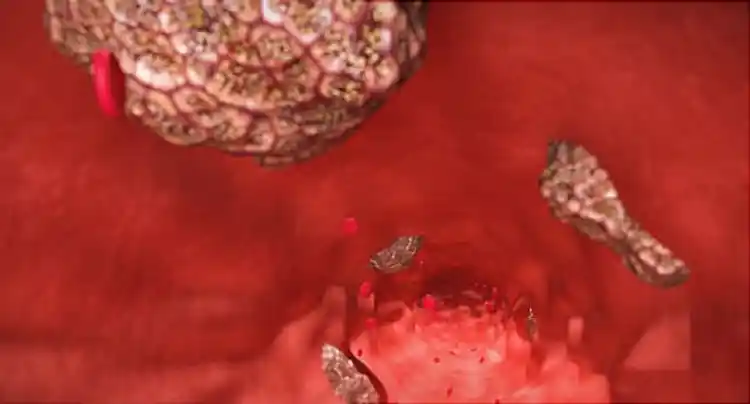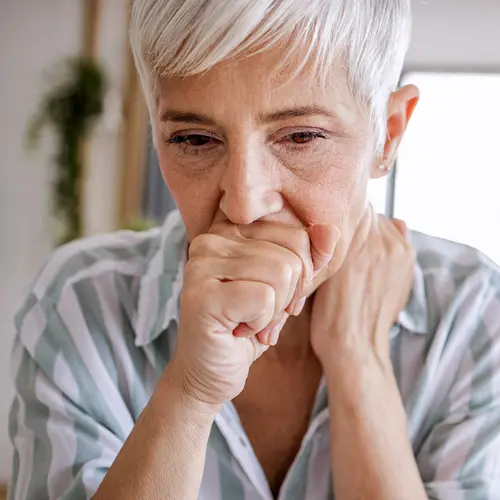What to Expect With Combination Therapy for Cancer

Hide Video Transcript
Video Transcript
[MUSIC PLAYING]
What is exciting now is we can take immunotherapy medications and use it with chemotherapy or with radiation, to improve patient outcomes.
Whenever we are talking about combining one medicine with another, there is always a potential for higher side effect profile. The potential benefits of combination are many. For instance, we now learned in lung cancer that combining chemotherapy with immunotherapy is better than giving chemotherapy alone. And that extends survival.
What is important is we cannot expect the same results with any combination. We have to carefully study the combination. And identify the combinations that have the best benefit at the expense of least toxicity.
As we discuss with the patient about what specific treatment approach we're going to adopt, we explain to them the basis for our recommendations. Why we chose the regimen.
What do we expect to happen? What is the best case scenario? What is the not so good scenario with that? What are the side effects? How often do they get these treatments?
The patient having a full understanding of the scope of the treatment and the intended consequences is critical to the success of all of these treatment strategies.
SURESH RAMALINGAM
Combination approaches to treat cancer is not a new concept. We often use a combination of chemotherapy medications. So using one chemo with another, using chemotherapy with radiation. What is exciting now is we can take immunotherapy medications and use it with chemotherapy or with radiation, to improve patient outcomes.
Whenever we are talking about combining one medicine with another, there is always a potential for higher side effect profile. The potential benefits of combination are many. For instance, we now learned in lung cancer that combining chemotherapy with immunotherapy is better than giving chemotherapy alone. And that extends survival.
What is important is we cannot expect the same results with any combination. We have to carefully study the combination. And identify the combinations that have the best benefit at the expense of least toxicity.
As we discuss with the patient about what specific treatment approach we're going to adopt, we explain to them the basis for our recommendations. Why we chose the regimen.
What do we expect to happen? What is the best case scenario? What is the not so good scenario with that? What are the side effects? How often do they get these treatments?
The patient having a full understanding of the scope of the treatment and the intended consequences is critical to the success of all of these treatment strategies.
